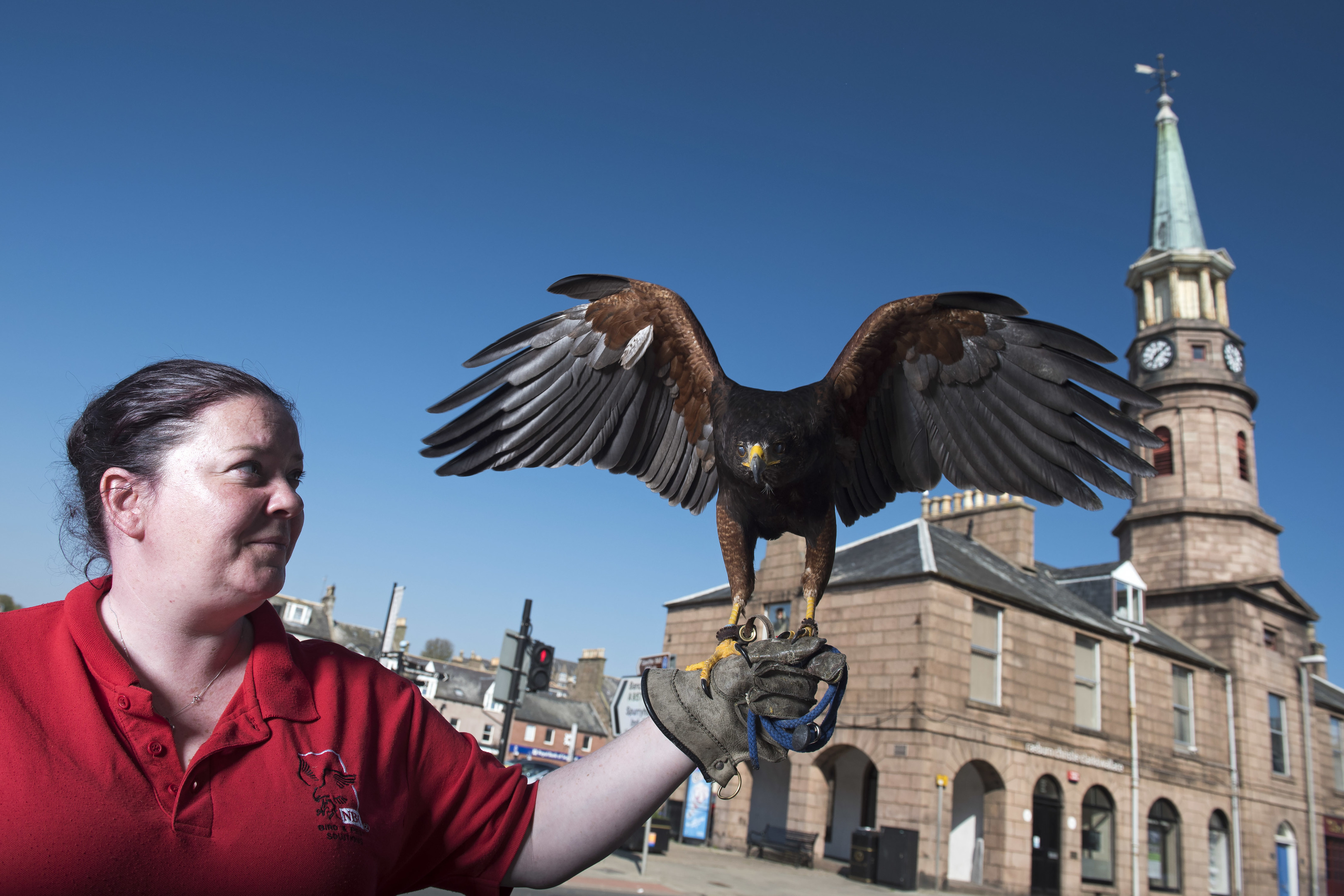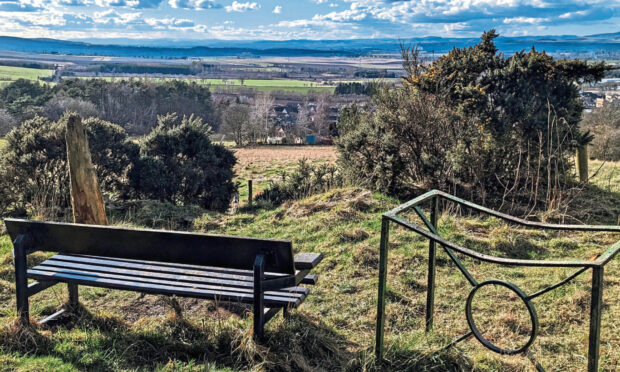Cash-strapped Angus Council has spent more than £200,000 combating the menace of “super gulls” and other pests over the past five years.
The figures, obtained by Freedom of Information request, show the local authority has spent £218,549 fending off unwanted menaces.
Ahead of the traditional period when gulls become more protective of their nests, councils are preparing last-ditch methods to defend against them.
Arbroath East and Lunan councillor Donald Morrison said much can be done by residents.
He said: “There isn’t a burgh or village around Angus which doesn’t experience a problem with gulls nesting, the noise and the mess.”
Some £114,749 was spent on pest control and £103,000 on gull complaints, as attacks from so-called supergulls have increased in urban settings.
The coastal towns have been worst hit by seagulls – Arbroath recorded
305 messages passed on to the council, Montrose 285 and Carnoustie 82.
The council has received more than 751 complaints and effected 1,555
treatments since 2011.
These were again highest in Arbroath – 738, with 628 in Montrose and 110 in Carnoustie.
A spokesman said it has provided a free service to remove seagull nests and eggs since 2009.
“Up until 2014, we employed a falconer to fly birds of prey and disturb gulls prior to the nesting season at various locations.
“This was discontinued as part of necessary efficiencies and savings.”
He added: “You can help us tackle the nuisance caused by gulls by not feeding them, and properly disposing of litter and food waste.
“To request the removal of nests and eggs or for further advice on prevention measures service, please contact us on our ACCESSLine on 03452 777 778.”
Aberdeenshire Council has spent almost £200,000 since 2010 trying to combat the nuisance birds, with annual costs of around £2,200 to deploy hawks.
Keith Bretton, vice-president of the Trust for British Ornithology, said gulls are “no longer scared” of humans.
He said: “They’ve learned to live with us and are used to coming into contact with us – and now they’re getting into conflict with us, too.”
Britain’s leading urban gull expert, Peter Rock, said the UK Government needed to properly invest in research into the problem.
He said: “We, as a nation, can’t tackle the problem of this new kind of urban gull until we find out everything we can about them – where they go, what they do, what their behaviour is and where they breed.”










